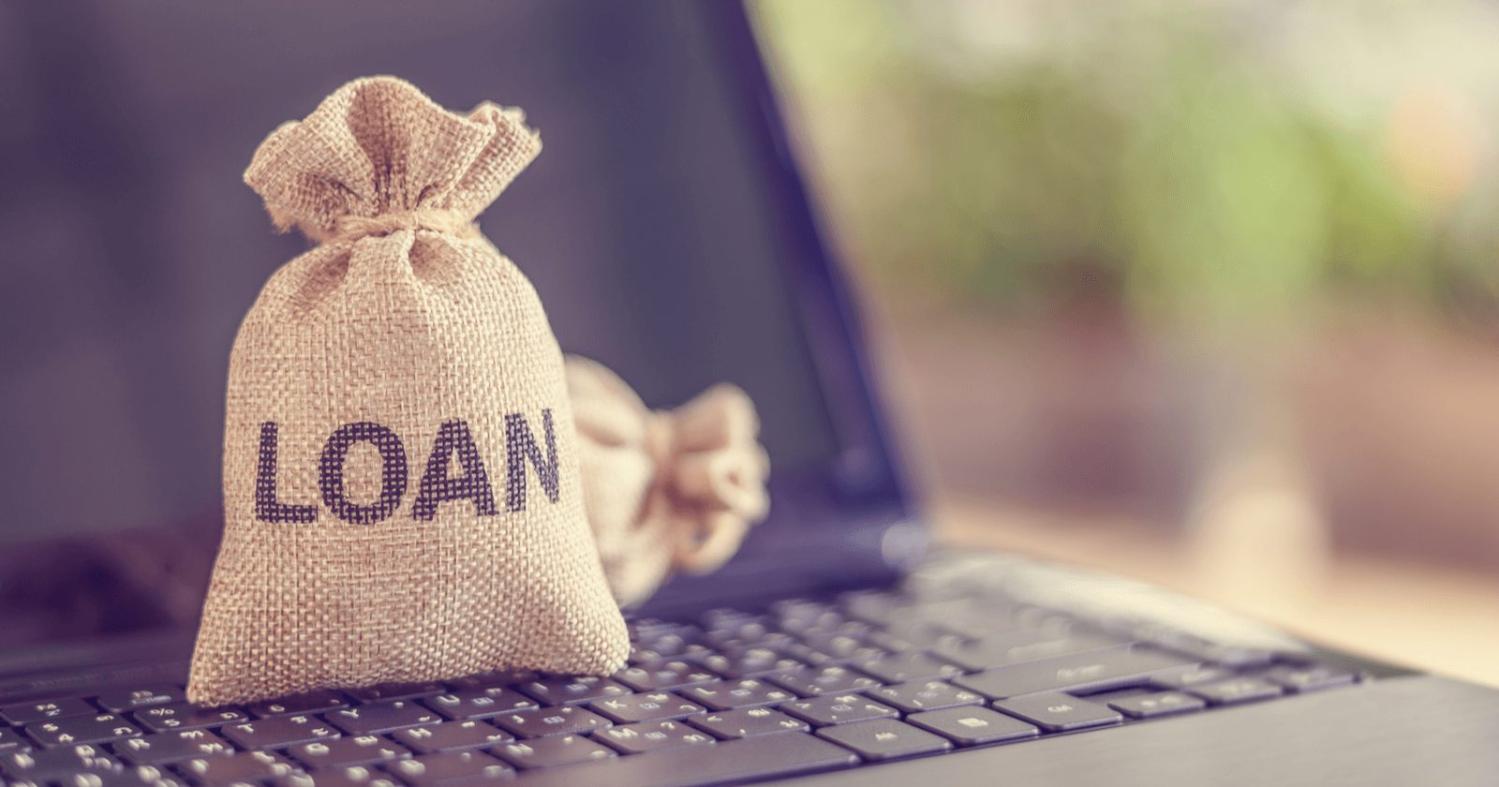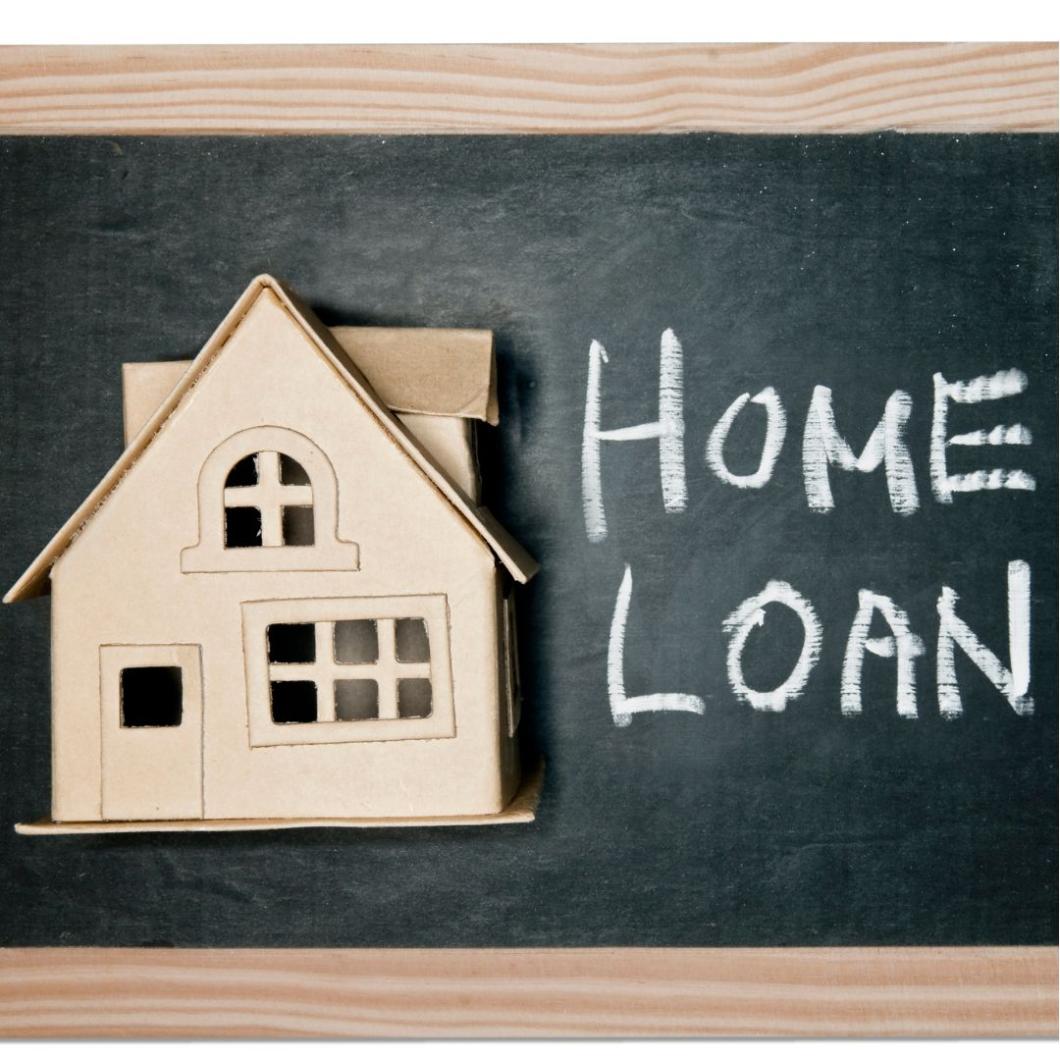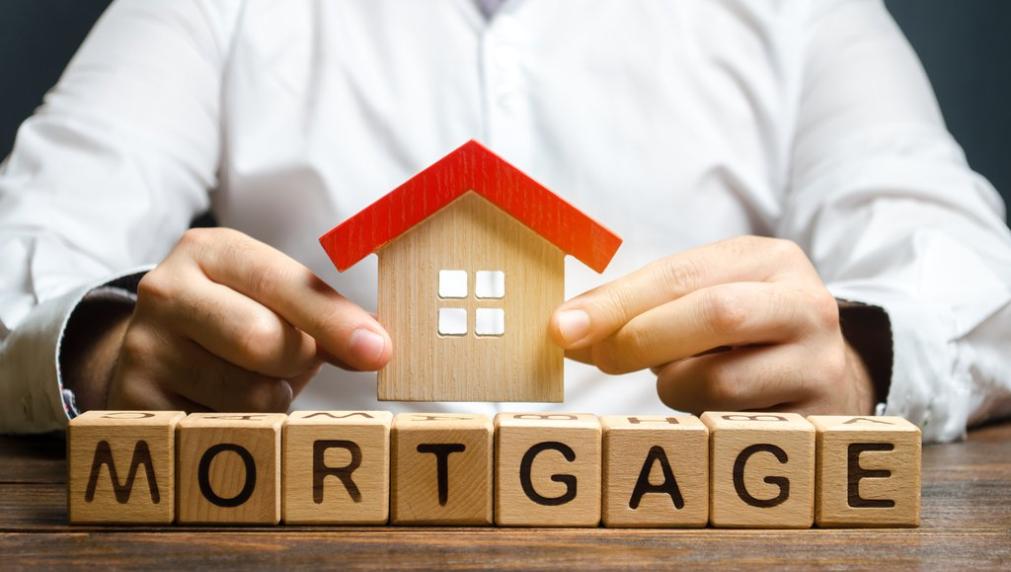How Much Should I Put Down on a House?
Buying a house is a major financial decision, and one of the biggest factors to consider is how much to put down for a down payment. The size of your down payment will affect your loan amount, interest rate, and monthly payments. It can also impact your ability to qualify for a loan in the first place.

The Importance Of A Down Payment
A down payment is a crucial factor in homeownership. It shows the lender that you have some skin in the game and that you're serious about buying a house. A larger down payment can also help you get a lower interest rate and monthly payments.
How Much To Put Down
There is no one-size-fits-all answer to the question of how much to put down on a house. The amount that's right for you will depend on your financial situation and goals.
If you have a lot of savings, you may be able to afford a larger down payment. This could save you money in the long run by reducing your interest costs. However, if you don't have a lot of savings, you may need to put down a smaller down payment. This will mean higher monthly payments, but it will also allow you to buy a house sooner.
Factors To Consider When Deciding On A Down Payment

When deciding how much to put down on a house, there are a number of factors to consider, including:
The Size Of Your Loan
The larger your loan amount, the larger your down payment will need to be. This is because the down payment is a percentage of the loan amount.
Your Interest Rate

A higher down payment can result in a lower interest rate. This is because the lender is taking on less risk by lending you less money.
Your Financial Situation
Consider your current income, debts, and savings. Make sure you can afford the monthly payments and other expenses associated with homeownership.
Your Homeownership Goals
If you plan to sell the house soon, a smaller down payment may be better. This is because you won't have as much time to build equity in the home. If you plan to stay in the house for a long time, a larger down payment may be better. This will allow you to build equity more quickly and pay off your mortgage sooner.
Pros And Cons Of Different Down Payment Amounts
There are both pros and cons to putting down a larger or smaller down payment. Here's a look at some of the key factors to consider:
Pros Of A Larger Down Payment
- Lower monthly payments
- Lower interest rate
- More equity in the home
- Easier to qualify for a loan
Cons Of A Larger Down Payment
- Less money available for other expenses
- May delay homeownership
Pros Of A Smaller Down Payment
- More money available for other expenses
- Can accelerate homeownership
Cons Of A Smaller Down Payment
- Higher monthly payments
- Higher interest rate
- Less equity in the home
- May require private mortgage insurance (PMI)
How To Save For A Down Payment
If you don't have enough money saved for a down payment, there are a number of things you can do to start saving:
- Create a budget and track your spending.
- Set a savings goal and automate your savings.
- Find extra sources of income.
The decision of how much to put down on a house is personal. There is no right or wrong answer. The best down payment amount is the one that works for you.
YesNo

Leave a Reply